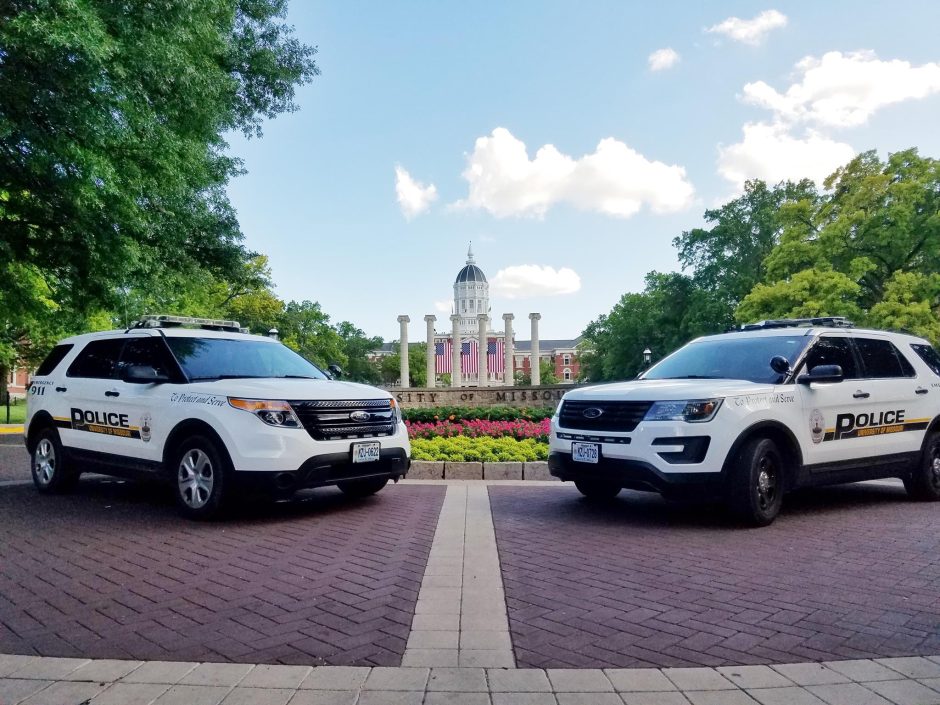
March 8, 2023
Contact: Sara Diedrich, 573-882-3243, diedrichs@missouri.edu
Responding to an active threat on the University of Missouri campus would require the cooperation of numerous area first responders — law enforcement, fire and EMTs, to mention a few. Knowing how to respond quickly and strategically is key to neutralizing the threat and saving lives.
That’s why the MU Police Department, Boone County Sheriff’s Department, Columbia Police Department and Columbia Fire Department teamed up with the University of Missouri System’s Office of Emergency Management recently to host a three-day Active Shooter Incident Management advanced training course. The event brought together more than 60 Mid-Missouri first responders from 19 agencies, including representatives from MU Health Care, Missouri State Highway Patrol, Boone County Office of Emergency Management and the FBI.
MUPD already works closely with other area first-responding agencies to manage large-scale events at the university, such as Tiger football games that can attract more than 60,000 people to campus.
“We value the partnerships we have developed with local, state and federal agencies,” said MUPD Chief Brian Weimer. “While football games allow many of these agencies to work together to ensure the safety and security of our community and visitors, this training focused specifically on active threats and will aid all participating agencies in responding to not only campus, but to the local community we all serve.”
The comprehensive course included instruction as well as 11 hands-on exercises that used a computer-based virtual reality simulator that played out each scenario, prompting first responders to react in real-time as events unfolded. Participants were trained to coordinate and work together, which resulted in a comprehensive and multi-discipline response to a wide range of active shooter and hostile events, including attacks at a school, airport, mall and courthouse. There also were events that included multiple attacks unfolding at the same time, a hostage barricade and reunification of survivors with loved ones. Each exercise was followed by a discussion to examine challenges and offer solutions.
“This training was a valuable opportunity to coordinate with our partners which ultimately strengthens emergency response in the entire region,” Weimer said.
The course was funded by the United States Department of Homeland Security and delivered by C3 Pathways.



